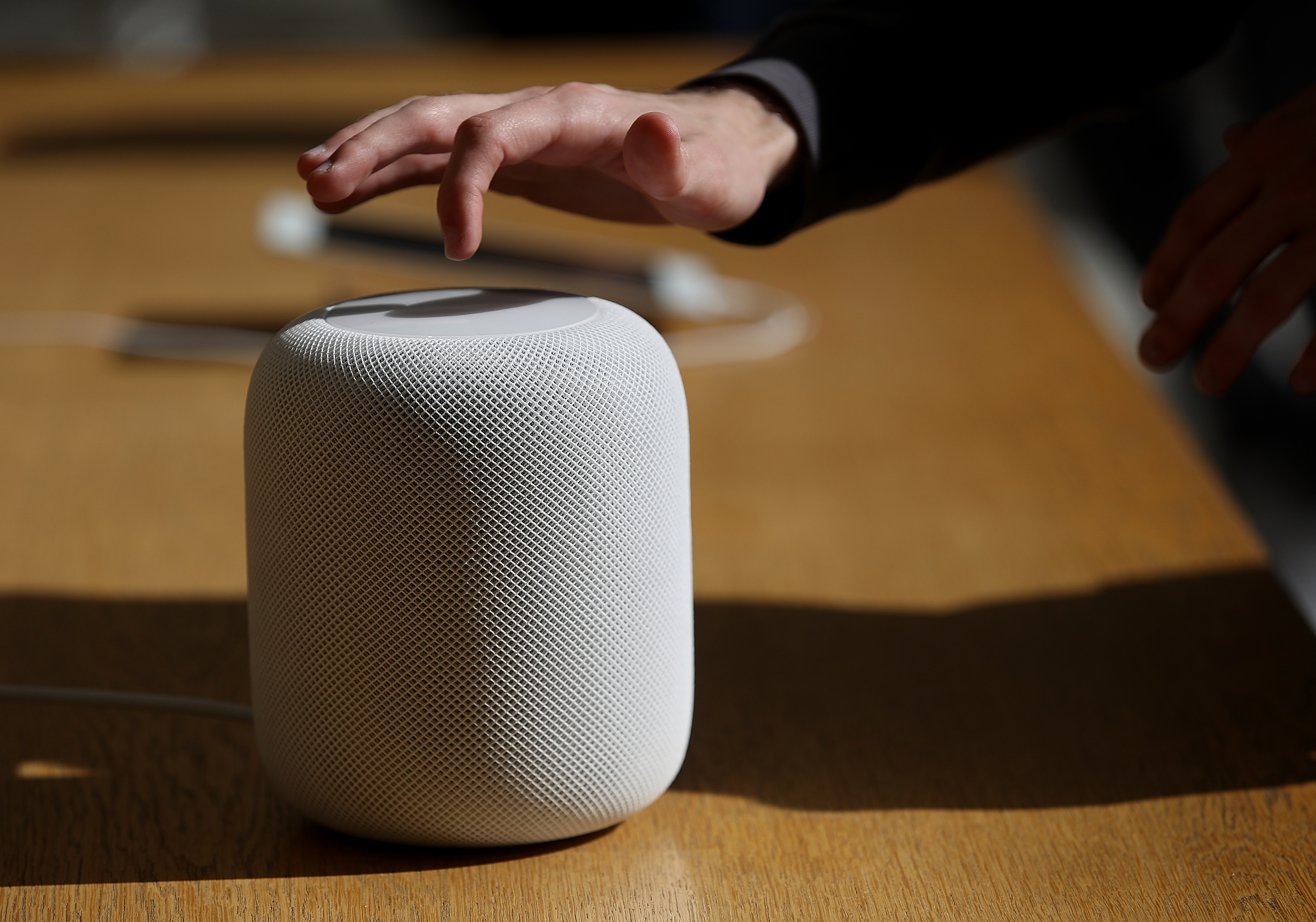Why smart speakers pose a threat to regional accents
Four out of five users reportedly adjust their speech so Alexa and Siri can understand them

A free daily email with the biggest news stories of the day – and the best features from TheWeek.com
You are now subscribed
Your newsletter sign-up was successful
The soaring popularity of smart speakers is putting regional accents at risk, as some Britons are having to change the way they talk so the tech can understand them.
Researchers at the Life Science Centre in Newcastle have discovered four out of five smart speaker users with strong regional accents are “reverting to received pronunciation” when talking to virtual assistants such as Amazon’s Alexa and Apple’s Siri, The Daily Telegraph says.
Of the 444 people surveyed, 48% expressed concern that regional accents may become a thing of the past if voice assistants continue to sell in the millions, while 41% said tech giants should do more to support a wider range of accents, the Daily Mail reports.
The Week
Escape your echo chamber. Get the facts behind the news, plus analysis from multiple perspectives.

Sign up for The Week's Free Newsletters
From our morning news briefing to a weekly Good News Newsletter, get the best of The Week delivered directly to your inbox.
From our morning news briefing to a weekly Good News Newsletter, get the best of The Week delivered directly to your inbox.
Life Science Centre chief Linda Conlon told the newspaper: “The same people who decades ago were frustrated as teens trying to get cinema listings from an automated telephone system are now having the same issues with their smartphones or smart speakers.”
“The technology has moved forward, but the inclusivity to cater for regional accents has not,” she added.
However, Newcastle University speech scientist Dr Laurence White dismissed suggestions that smart speakers will be the death of regional accents.
He said a person’s speech will only change in the long term if they speak exclusively to smart devices on a daily basis.
A free daily email with the biggest news stories of the day – and the best features from TheWeek.com
Besides, the technology that underpins smart speakers should mean people with strong local accents will soon no longer need to modify them.
Voice assistants use machine learning, The Sun says, gathering data over extended periods of time and adapting to suit the user.
“As Alexa and Siri try to process more and more regional accents, they'll eventually be able to handle them much more effectively,” the paper says.